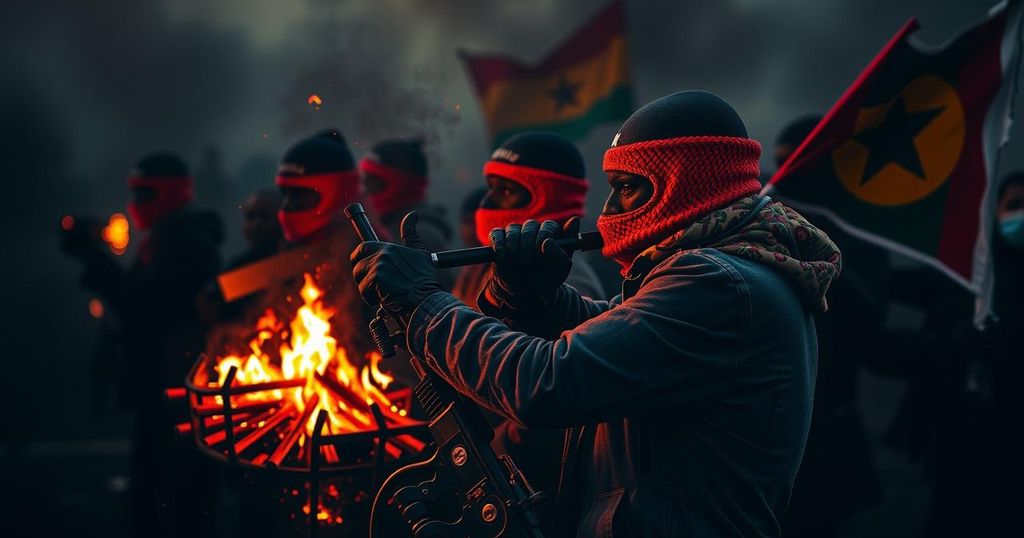The Impact of Post-Election Violence in Mozambique on Southern Africa

Mozambique is facing significant post-election violence following the October 9 elections that extended the Frelimo party’s 49-year rule. Protests and unrest have resulted in multiple fatalities and prompted South Africa to close its border with Mozambique, leading to substantial economic losses. The situation threatens political stability in the region amid concerns regarding free and fair elections in Southern Africa, highlighting the necessity for immediate regional intervention.
The recent escalation of post-election violence in Mozambique has raised significant concerns in the Southern African region. Following the October 9 elections, where the ruling Frelimo party extended its 49-year tenure under Daniel Chapo, protests erupted as opposition parties rejected the election results. Approximately 30 fatalities have been reported amid the unrest, prompting regional leaders to address the situation at the upcoming Southern African Development Community (SADC) summit. The context of this unrest is troubling, especially as several neighboring countries like Botswana and South Africa have successfully conducted elections that reflected democratic principles. In contrast, Mozambique’s elections have been marred by allegations of electoral irregularities, as cited by the European Union’s observer team. Past elections have also faced accusations of vote-rigging by the Frelimo party. These incidents illustrate a worrying trend for the region, as notions of free and fair elections in Southern Africa could be jeopardized by Mozambique’s ongoing instability. Economically, Mozambique plays a vital role in the Southern African trade network. Its proximity to multiple nations and its resources underscore how unrest can have troubling implications. Recently, South Africa closed its border with Mozambique in response to the rising protests, revealing the tangible costs of instability; the South African economy reportedly incurred daily losses of at least R10 million or approximately $555,177. Mozambique’s resource abundance, particularly in natural gas, positions it as a crucial partner for regional economic stability and growth. Moreover, the political landscape in Mozambique still reflects the scars from its protracted civil war, which concluded decades ago after extensive conflict between Frelimo and Renamo forces. Current challenges include not only the aftermath of the civil strife but also an ongoing insurgency in Cabo Delgado province linked to Islamic State affiliates. As approximately 600,000 returnees attempt to rebuild their lives amidst devastation, any surge in violence may precipitate another wave of migration, further complicating regional dynamics. The situation in Mozambique serves as a critical barometer for Southern Africa’s stability. If unresolved, the violence and political turmoil could stymie regional progress, warranting urgent cooperative intervention and support from neighboring countries.
The political climate in Mozambique has been tense following the disputed outcomes of the recent October elections. The ruling Frelimo party, which has maintained power since Mozambique’s independence, is facing significant opposition and civil unrest due to accusations of electoral fraud. The implications of this unrest are not just confined within Mozambique but resonate across Southern Africa as a whole, affecting trade, political alliances, and regional stability amidst challenges in other neighboring countries as well. The history of civil conflict and ongoing economic issues in Mozambique highlights the need for attention to its current political situation and its repercussions for the region.
In conclusion, the turmoil in Mozambique post-election is a multifaceted issue that poses serious risks not only to the country’s internal stability but also to the broader Southern African region. The need for credible elections and political accountability cannot be overstated as Southeast African nations navigate their own democratic processes. It is imperative that regional leaders collaborate effectively to address the consequences of Mozambique’s situation before they spiral into more extensive conflict and economic strife, potentially exacerbating migration challenges.
Original Source: apnews.com








